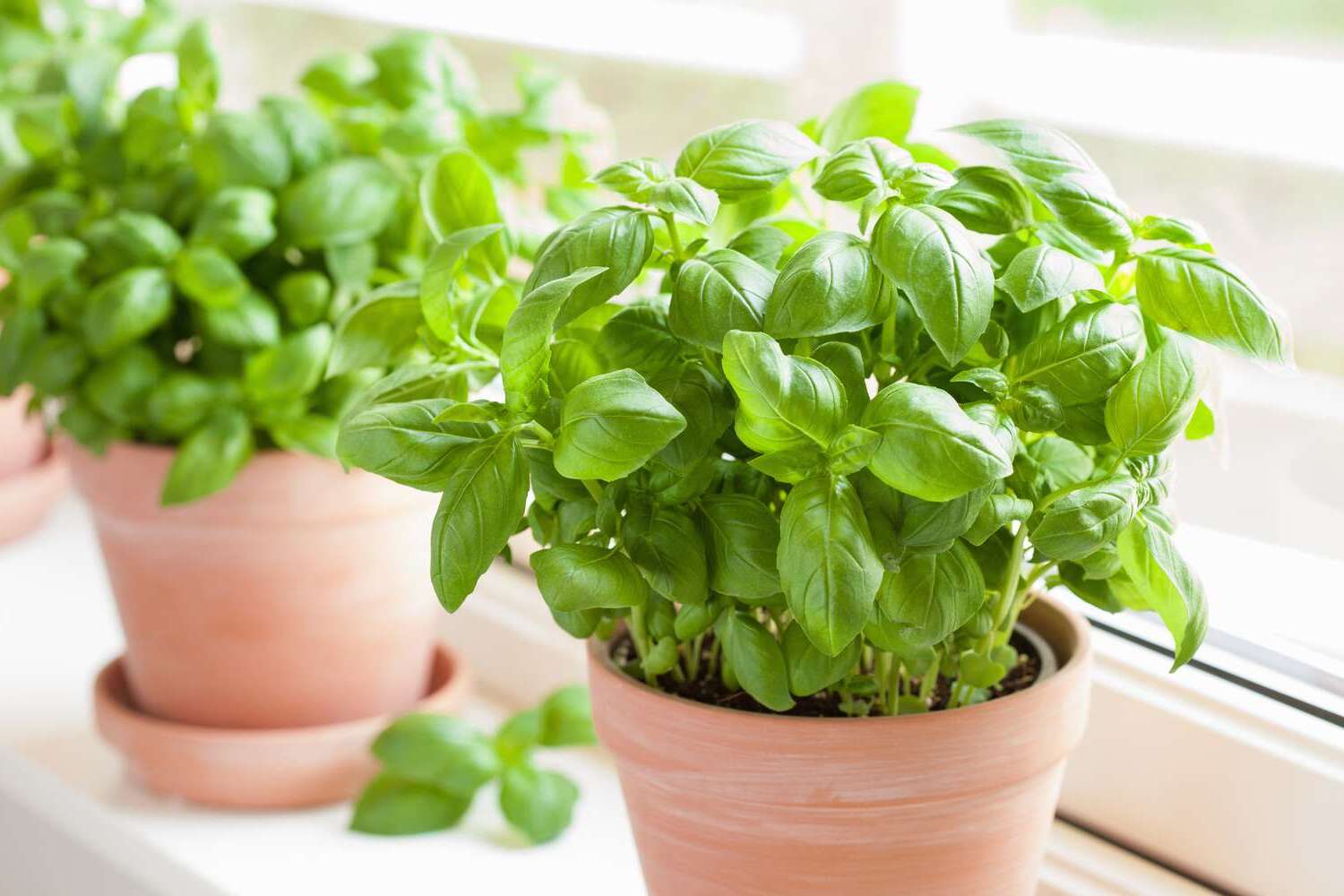
Basil is more than just a tasty herb for your pasta sauce. This green leafy plant has a rich history and a variety of uses that might surprise you. Did you know that basil has been used in traditional medicine for centuries? It's not just for cooking! Basil can also help repel insects and even has antibacterial properties. Whether you're a gardener, a chef, or someone who loves natural remedies, there's something fascinating about this versatile plant. Ready to learn more? Here are 21 facts about basil that will make you appreciate this humble herb even more.
What is Basil?
Basil, a popular herb, is known for its aromatic leaves and culinary uses. Originating from tropical regions, it has become a staple in kitchens worldwide. Here are some fascinating facts about this versatile plant.
-
Basil belongs to the mint family. This herb is a member of the Lamiaceae family, which also includes mint, rosemary, and lavender.
-
There are over 60 varieties. Basil comes in many types, including sweet basil, Thai basil, and lemon basil, each with unique flavors and uses.
-
Basil has ancient origins. It has been cultivated for over 5,000 years, with roots tracing back to India and other tropical regions of Asia.
-
It was considered sacred in some cultures. In ancient Egypt, basil was used in embalming practices, while in India, it is revered in Hindu rituals.
Culinary Uses of Basil
Basil is a culinary superstar, enhancing the flavor of many dishes. Its versatility makes it a favorite among chefs and home cooks alike.
-
Essential in Italian cuisine. Basil is a key ingredient in pesto, a traditional Italian sauce made with basil, garlic, pine nuts, Parmesan cheese, and olive oil.
-
Perfect for garnishing. Fresh basil leaves are often used to garnish pizzas, pastas, and salads, adding a burst of flavor and color.
-
Used in Thai dishes. Thai basil, with its slightly spicy and anise-like flavor, is commonly used in Thai curries and stir-fries.
-
Infused in oils and vinegars. Basil can be infused in oils and vinegars to create flavorful dressings and marinades.
Health Benefits of Basil
Beyond its culinary uses, basil offers numerous health benefits. Its leaves are packed with essential nutrients and compounds that promote well-being.
-
Rich in antioxidants. Basil contains antioxidants like flavonoids and polyphenols, which help protect the body from oxidative stress.
-
Anti-inflammatory properties. Compounds in basil, such as eugenol, have anti-inflammatory effects, which can help reduce inflammation in the body.
-
Supports digestive health. Basil can aid digestion by stimulating the production of digestive enzymes and reducing bloating.
-
Boosts the immune system. The essential oils in basil have antimicrobial properties that can help strengthen the immune system.
Growing Basil at Home
Growing basil at home is easy and rewarding. Whether you have a garden or just a windowsill, you can cultivate this herb with minimal effort.
-
Prefers warm climates. Basil thrives in warm, sunny conditions and should be planted after the last frost of the season.
-
Needs well-drained soil. Ensure the soil is well-drained and rich in organic matter for optimal growth.
-
Water regularly. Basil requires consistent moisture but be careful not to overwater, as this can lead to root rot.
-
Pinch off flowers. To encourage leaf growth, pinch off any flowers that appear, as flowering can cause the plant to become woody.
Fun Facts about Basil
Basil has some quirky and lesser-known facts that make it even more interesting. Here are a few fun tidbits about this beloved herb.
-
Basil means "king". The name "basil" comes from the Greek word "basileus," meaning "king," reflecting its esteemed status.
-
Repels insects. Basil's strong aroma can repel insects like mosquitoes and flies, making it a natural pest deterrent.
-
Symbol of love. In Italy, basil is considered a symbol of love, and giving a sprig of basil to someone signifies romantic interest.
-
Used in perfumes. The essential oils extracted from basil are used in perfumes and cosmetics for their pleasant scent.
-
Can be grown indoors. Basil can be successfully grown indoors in pots, provided it receives enough sunlight and proper care.
Basil's Hidden Wonders
Basil isn't just a kitchen staple; it's a powerhouse of health benefits and culinary versatility. From boosting your immune system to adding a burst of flavor to your dishes, this herb does it all. Its antioxidant properties help fight off free radicals, while its anti-inflammatory effects can ease joint pain. Plus, basil's essential oils are great for your skin and hair.
Growing basil at home is simple and rewarding. Just a sunny spot and regular watering will keep your plant thriving. Whether you use it fresh, dried, or as an oil, basil can elevate your meals and improve your well-being. So next time you're at the grocery store, grab some basil and start reaping its many benefits. This humble herb truly deserves a spot in your garden and on your plate.
Was this page helpful?
Our commitment to delivering trustworthy and engaging content is at the heart of what we do. Each fact on our site is contributed by real users like you, bringing a wealth of diverse insights and information. To ensure the highest standards of accuracy and reliability, our dedicated editors meticulously review each submission. This process guarantees that the facts we share are not only fascinating but also credible. Trust in our commitment to quality and authenticity as you explore and learn with us.


